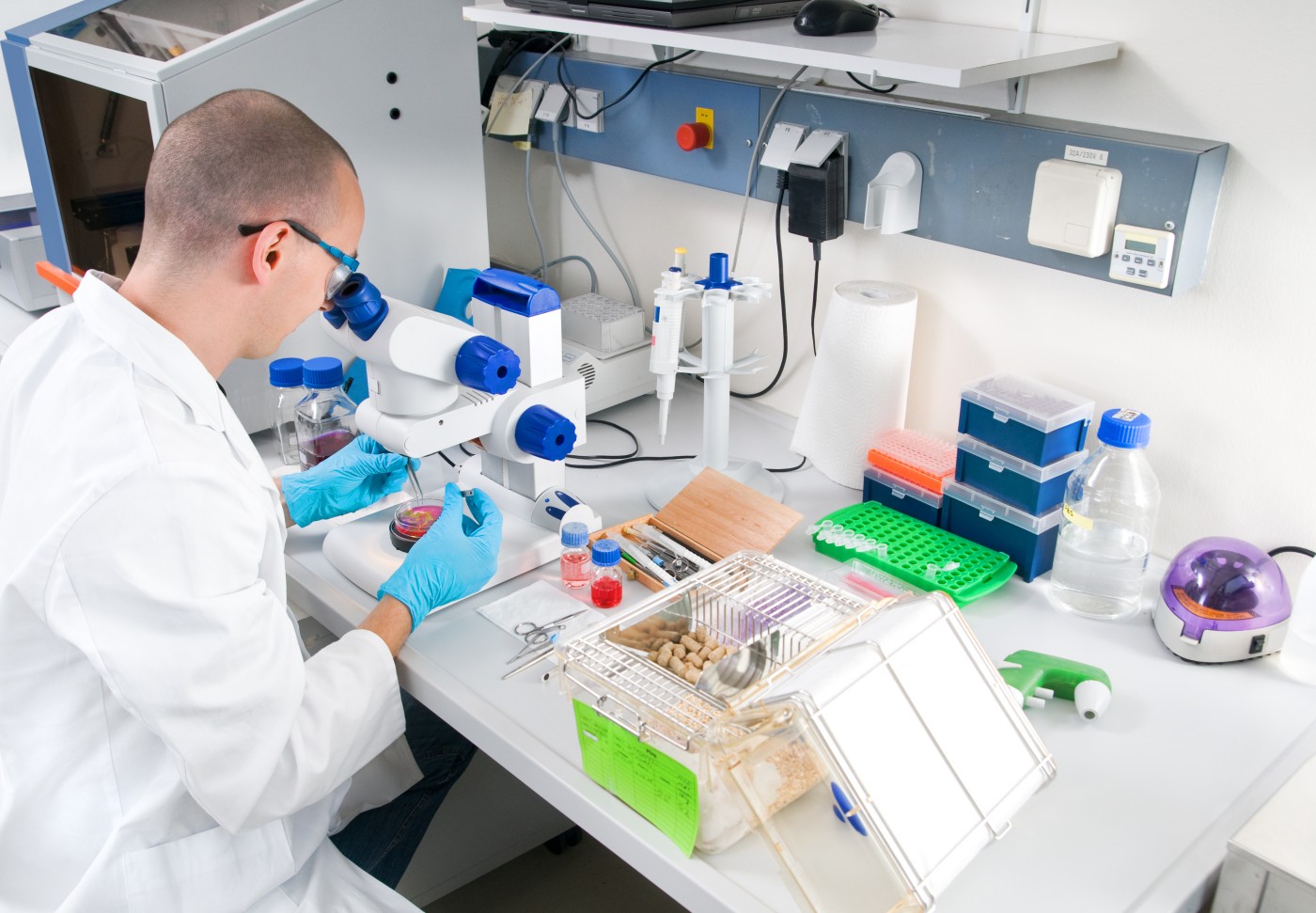Potential PAH Therapy Is Focus of New UK Company Tied to Cambridge University
Written by |

Morphogen-IX, a new biotechnology company based in Cambridge, United Kingdom, has received financial support to potentially advance a new treatment for pulmonary arterial hypertension (PAH) that targets the main pathway involved in the disease. The treatment may provide the first disease-modifying drug for the condition, and is based on fifteen years of research by Professor Nick Morrell and colleagues at the University of Cambridge’s Department of Medicine at Addenbrooke’s Hospital.
Dr. Morrell is the research director of the National Pulmonary Hypertension Service at Papworth Hospital, and leads the British Heart Foundation (BHF) Centre of Research Excellence at Cambridge University. Morphogen-IX has been working with the BHF and the Cambridge Enterprise, the university’s commercializing arm, to license his intellectual research property.
Morphogen-IX raised £1.5 million in seed funding. Index Ventures led the investments, along with Cambridge Enterprise Seed Funds and Cambridge Innovation Capital.
“We are delighted that our BHF-funded research has led to the discovery of a new potential treatment for this rare but important disease. Our new company, Morphogen-IX, is the most efficient vehicle to take this exciting approach forward rapidly into clinical development,” said Professor Morrell in a news release.
The company is now moving to confirm the drug candidate and bring it into clinical development.
According the university’s website, Dr. Morrell’s lab is studying the molecular mechanisms underlying PAH, with a particular focus on mutations in the bone morphogenetic protein type II receptor (BMPR-II) that is thought to cause the disease. The lab’s treatment approaches aim to rescue BMPR-II deficiency.
“I am very happy with the establishment of Morphogen-IX. PAH is a devastating disease and this company will be solely dedicated to developing a therapy that will, for the first time, tackle the disease itself rather than attempt to manage the symptoms,” added Dr. Andrew Walsh, technology manager at Cambridge Enterprise.
“There is a clear and urgent need for an effective treatment for PAH that means people don’t need a transplant,” concluded Professor Jeremy Pearson, associate medical director of BHF. “If clinical trials prove positive, this research will lead to substantial benefits for patients with this horrible disease.”
PAH is estimated to affect nearly 6,500 individuals in the U.K., mostly women in their 30s. The disease is caused by the narrowing of the blood vessels that go from the heart to the lungs, making it harder for the heart to pump blood through to them, leading to breathlessness and, possibly, heart failure. PAH has no cure, and available treatments only alleviate some of the disease’s symptoms.



